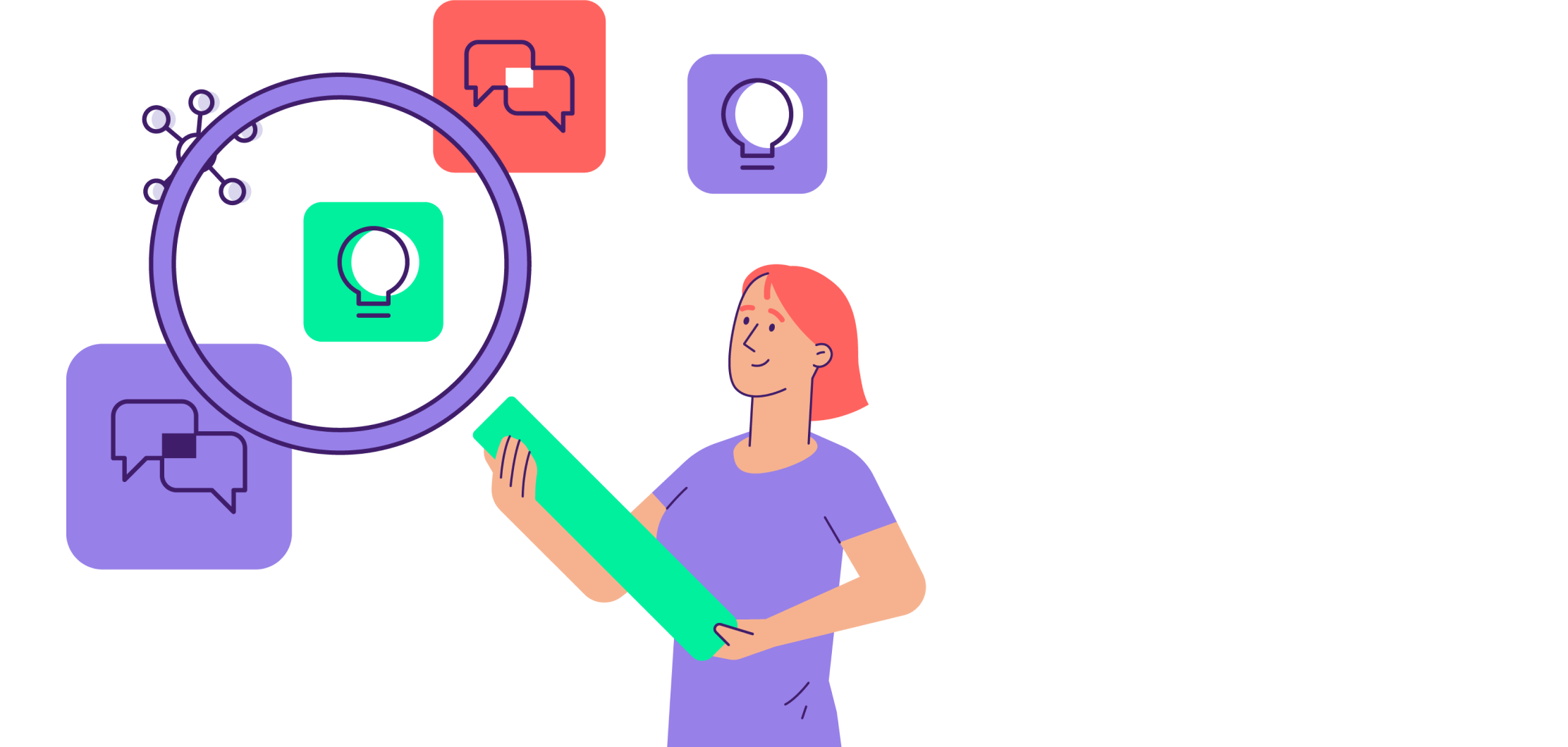
Chargement
IDEAC model
Assess soft skills thanks to science!
After two years of R&D, our teams have developed a scientifically approved competency model that is unique on the market, enabling you to assess the 40 key skills of the future.
Assess today’s candidates and choose tomorrow’s highflyers!
WeSuggest is much more than just a recruitment platform…
Developed by researchers who are experts in assessment science, it uses a recommendation algorithm to provide you with a list of 40 skills to choose from, depending on your specific challenges and recruitment needs.
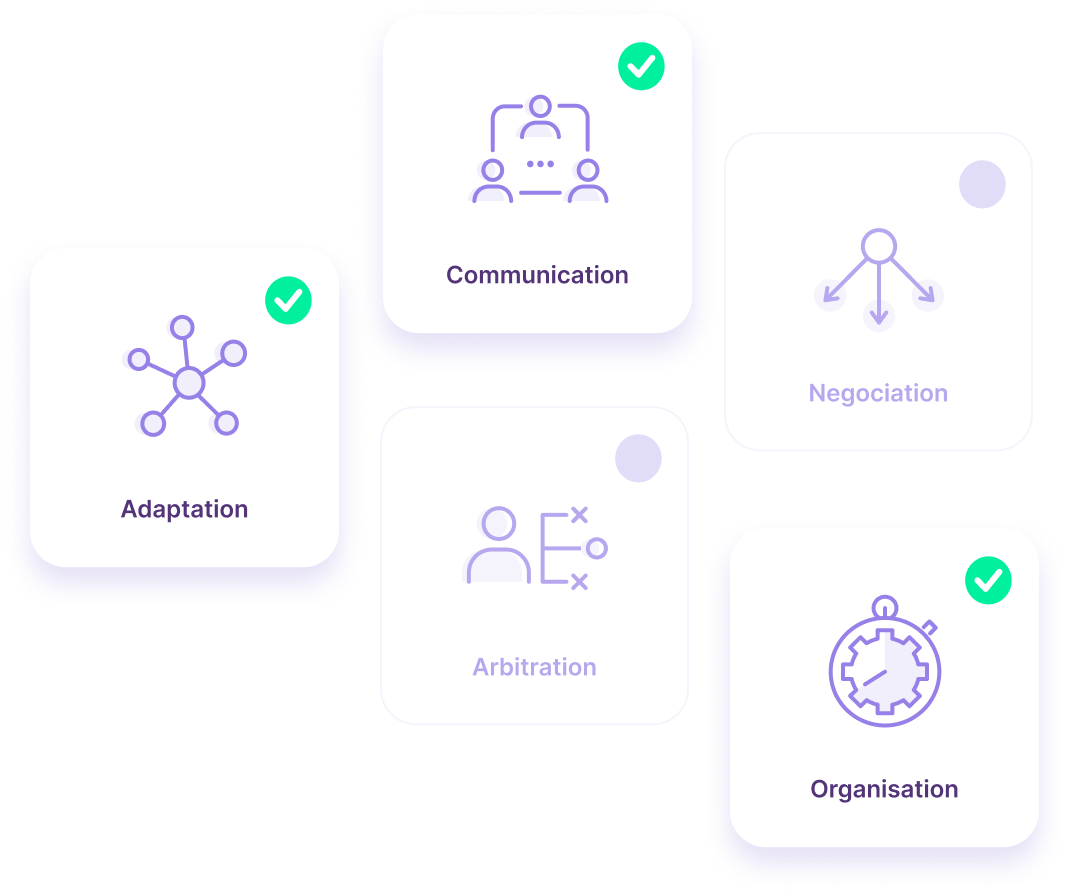
A competency model that’s unique on the market, just like you!
The IDEAC model is a skills base that resonates in tune with what businesses expect from the assessment process. It is used to measure various facets of human functioning (behaviours, beliefs, learning, etc.) and thus to understand complex phenomena in the workplace, such as influence and decision-making.

A model designed with you, for you!
The IDEAC model was designed after field analysis identifying the skills most sought after by employers. This analysis was supplemented by a forward-looking approach based on research, such as that conducted by the World Economic Forum on 21st Century skills.
Organised around five key dimensions (Influence, Decisiveness, Efficiency, Agility, Cooperation), the IDEAC model encompasses the 40 most sought-after soft skills for dealing with 21st-century challenges.

Nominated in the “product innovation”
Category under the Transforming Assessments theme by the e-ATP (Association of Test Publishers, Athens, September 2018).

Selection and presentation of the IDEAc model
At the World Conference on Personality (WAAP, Hanoi, April 2019).
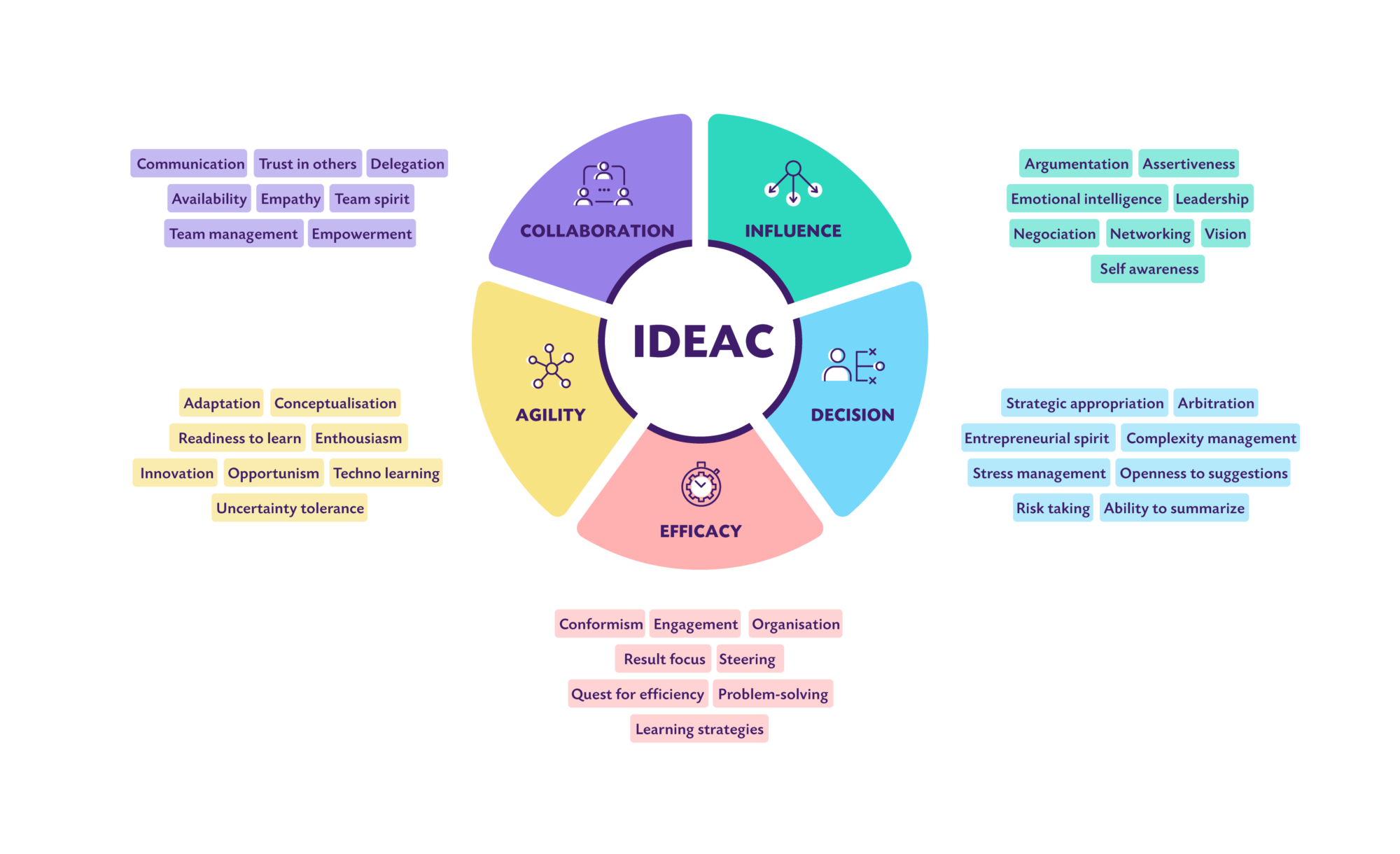
A model composed of 40 skills divided into 5 dimensions

Influence
The influence dimension encompasses the skills that enable an individual to initiate and build a relationship with others to secure their support, participation or cooperation. Influence implies a detailed understanding of the issues at stake in a situation and the emotional factors at play, as well as an ability to respond appropriately.
Example
Emotional intelligence Leadership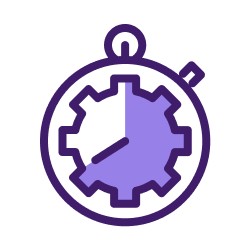
Efficiency
The efficiency dimension encompasses the skills and motivations that enable an individual to maximise goal attainment and organisational efficiency, using tailored tools and methods to regulate activity.
Example
Problem solving Learning strategy
Decision-making
The decision-making dimension encompasses the ability to initiate, assess and summarise proposals of different degrees of abstraction and challenge, in a complex environment.
Example
Complexity management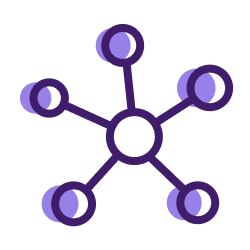
Agility
The agility dimension encompasses the skills and aptitudes that enable an individual to adapt to a changing and fast-paced environment, and to manage work situations that comprise an element of uncertainty.
Example
Techno learning Willingness to learn
Cooperation
The cooperation dimension encompasses the people and social skills that facilitate teamwork and smooth interpersonal relationships for effective team collaboration and/or management.
